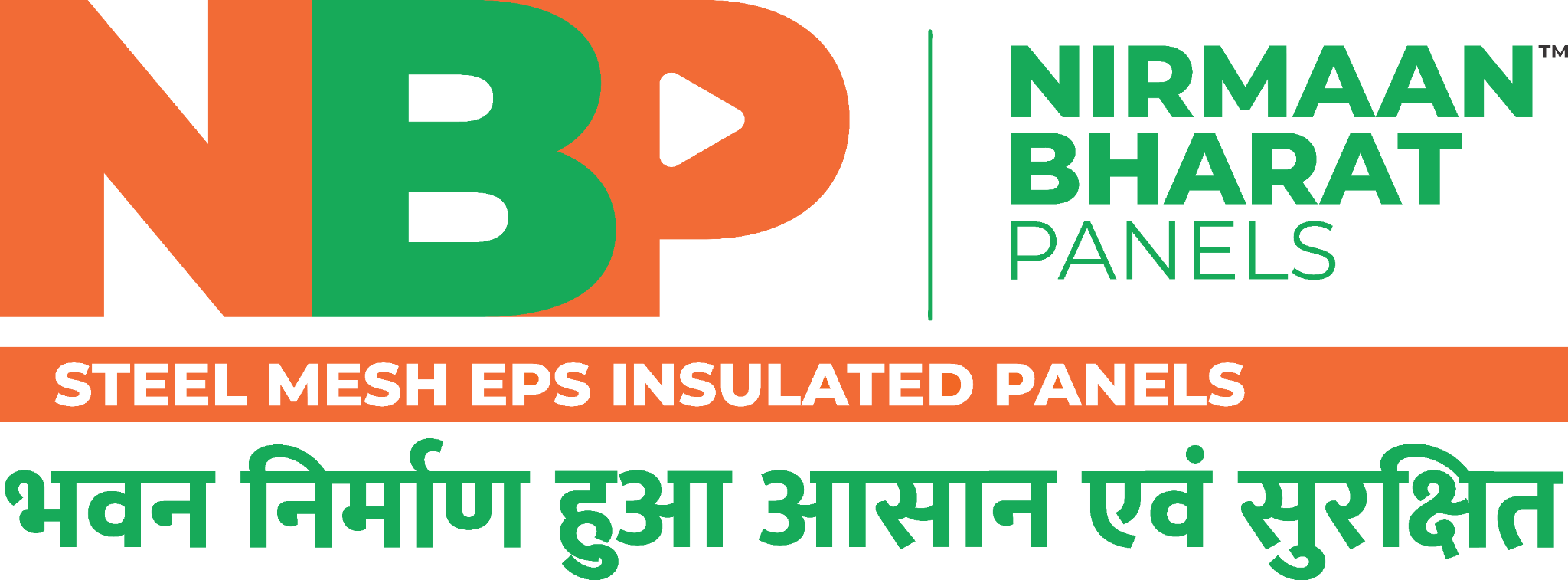In the realm of construction, innovation continually pushes boundaries, seeking efficient, cost-effective, and environmentally sustainable solutions. Among these, Expanded Polystyrene (EPS) technology stands out, revolutionizing the way we build homes. From insulation to structural elements, Nirmaan Bharat Panels offers a myriad of benefits that shape the future of construction. In this comprehensive guide, we delve into what EPS technology entails and why it’s becoming increasingly popular in the construction industry.
Table of Contents
ToggleUnderstanding EPS Technology
EPS Panels, lightweight cellular plastic material derived from petroleum, are manufactured through a process of polymerization of styrene monomers. It is expanded into beads using steam and then molded into various shapes for diverse applications. EPS boasts exceptional insulation properties, high strength-to-weight ratio, and resistance to moisture, making it an ideal choice for construction.
Benefits of EPS in Construction
Thermal Insulation:
EPS serves as an outstanding thermal insulator, reducing heat transfer between the interior and exterior of a building. By minimizing thermal bridging, EPS effectively maintains comfortable indoor temperatures while reducing energy consumption and utility costs.
Structural Strength:
Despite its lightweight nature, EPS exhibits remarkable structural integrity. Used in walls, roofs, and floors, EPS panels provide robust support, contributing to the overall stability and durability of a structure.
Moisture Resistance:
Unlike traditional building materials such as wood or gypsum, EPS is inherently resistant to moisture, preventing mold and mildew growth. This feature ensures the longevity of the building and maintains indoor air quality.
Cost Efficiency:
EPS technology offers cost savings throughout the construction process. Its lightweight properties facilitate ease of transportation and installation, reducing labor and material expenses. Moreover, the energy efficiency of EPS leads to long-term savings on heating and cooling costs.
Design Flexibility:
EPS can be molded into various shapes and sizes, allowing architects and builders to unleash their creativity. Whether for curved walls, intricate facades, or customized architectural elements, EPS offers unparalleled design versatility.
Applications of EPS in Construction
Insulation:
EPS panels are widely used for insulating walls, roofs, and floors, enhancing energy efficiency and comfort in buildings.
Structural Components:
EPS serves as a lightweight alternative to traditional building materials in load-bearing walls, foundation systems, and structural insulated panels (SIPs).
Facade Systems:
EPS-based facade systems offer aesthetic appeal, thermal insulation, and weather resistance, contributing to sustainable and visually appealing building exteriors.
Interior Finishes:
From decorative moldings to lightweight partition walls, EPS-based interior finishes add style and functionality to residential and commercial spaces.
Environmental Sustainability
EPS technology aligns with the growing emphasis on sustainability in construction. As a recyclable material, EPS minimizes waste and reduces environmental impact. Additionally, its energy-efficient properties contribute to lower carbon emissions over the lifecycle of a building. By choosing EPS, builders can support eco-friendly construction practices without compromising performance or quality.
Conclusion
In conclusion, building a house with EPS technology offers a multitude of advantages, ranging from superior insulation and structural strength to cost efficiency and environmental sustainability. As the construction industry embraces innovation, EPS continues to emerge as a frontrunner, reshaping the way we design and build homes. By leveraging the benefits of EPS technology, builders can create energy-efficient, durable, and visually striking structures that meet the demands of today’s dynamic construction landscape. Whether you’re a homeowner looking to enhance comfort and reduce energy bills or a builder seeking efficient construction solutions, EPS technology presents a compelling choice for the future of home construction.
Incorporating EPS technology into your next building project could be the key to unlocking efficiency, sustainability, and performance in construction. With its versatile applications and proven benefits, EPS stands as a testament to the transformative power of innovation in shaping the built environment.



